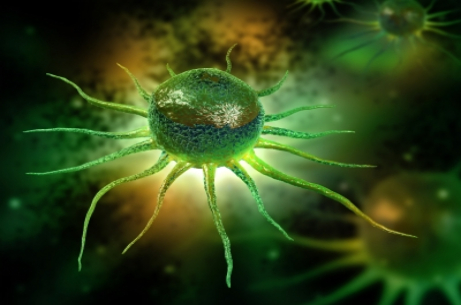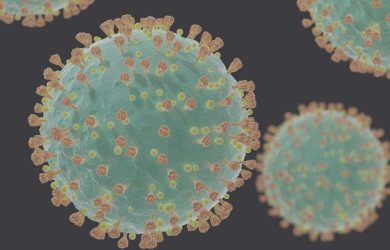
A paper co-authored by Gates Scholar Guilhem Chalancon shows how bioinformatics approaches can shed new light on the way our bodies produce proteins, which could help design therapeutic strategies for tissue-specific diseases such as cancer.
Scientists have used bioinformatics approaches to shed new light on the way our bodies produce proteins, which could help design therapeutic strategies for tissue-specific diseases such as cancer.
Next-Generation Sequencing technologies have enabled researchers to discover that most human genes are alternatively spliced, a mechanism that allows our genes to produce multiple versions of a protein while starting from a single DNA sequence. This means the total number of different proteins expressed in our body exceeds by far the over 25,000 produced by our genome.
Very recent studies shed light on the importance of some of these protein versions that are only expressed in certain tissues of our body. One of the studies, co-authored by Gates Cambridge Scholar Guilhem Chalancon, is published in the prestigious journal Molecular Cell and has been featured on the MRC LMB website and in Nature Reviews in Genetics.
The researchers found that tissue-specific alternative splicing not only results in multiple versions of human proteins, but also impacts on the way they interact with each other. Moreover, researchers found that genes that undergo tissue-specific alternative splicing have often mutated in different cancer types.
The researchers used bioinformatics to mine publicly available data. Guilhem [2011], who is doing a PhD in Biological Science at the MRC Laboratory for Molecular Biology, says: “This approach allowed us to pinpoint biological evidence that would be very challenging to characterise otherwise.”
More importantly, he says, it may lead to clinical implications in the future. “Tracking mutations in these portions of genes that are tissue-specific may help to understand better tissue-specific diseases such as cancer and could guide drug development for such diseases,” he says.
Picture credit: Dream designs and www.freedigitalphotos.net












